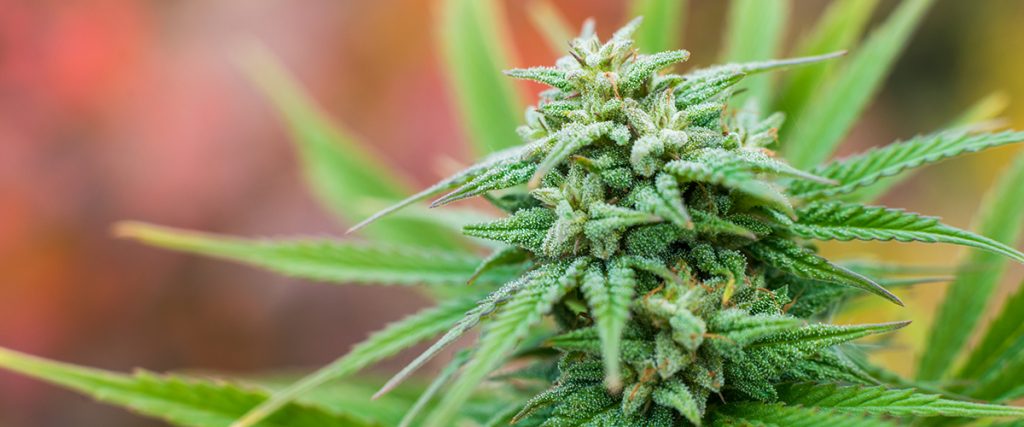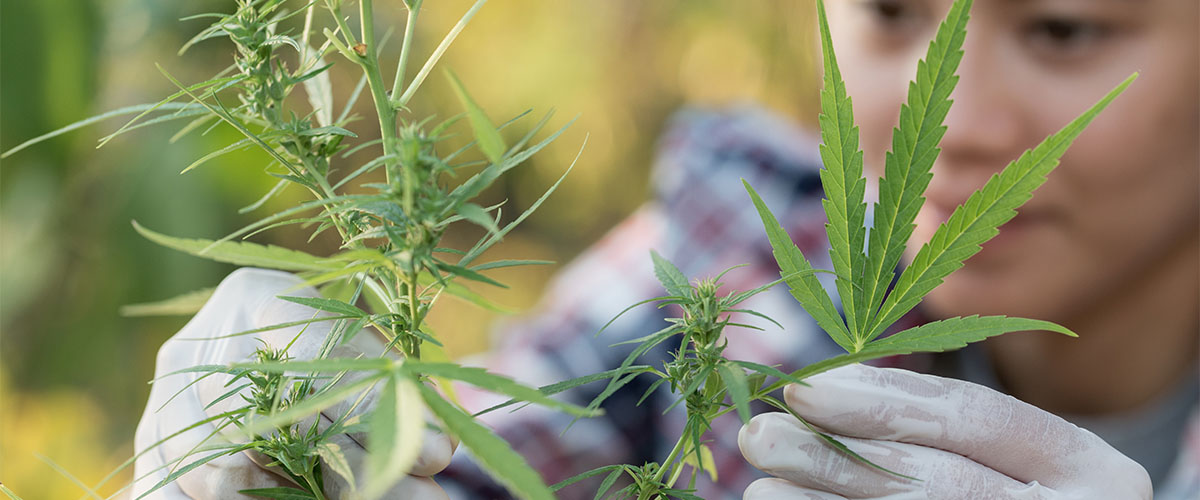According to federal immigration authorities, the use of medical marijuana or jobs associated with the legal cannabis industry could jeopardize citizenship bids.
The United States Citizenship and Immigration Services (USCIS) on Friday published updated guidelines that clarify that engaging in “marijuana-related activities” could be a sign that immigrants lack the good moral character necessary for earning U.S. citizenship.
One of the requirements for individuals applying for naturalization is to show that they have been “a person of good moral character” during the five-year period immediately preceding the application and up until taking the Oath of Allegiance.
The new policy guidance, issued by the agency one day prior to the unofficial cannabis holiday of 4/20, makes clear that working in the marijuana industry, even in states where recreational or medical marijuana is legal, could indicate an applicant for naturalization lacks moral character and may imperil their bid for citizenship.
“USCIS is issuing policy guidance in the USCIS Policy Manual to clarify that violations of federal controlled substance law, including violations involving marijuana, are generally a bar to establishing good moral character for naturalization, even where that conduct would not be an offense under state law,” the agency wrote.
We issued policy guidance clarifying that naturalization applicants must comply w/federal controlled substance laws, including those pertaining to marijuana, to establish good moral character during the naturalization application process. Read more here: https://t.co/yqSraeDiBn
— USCIS (@USCIS) April 19, 2019
While more than 30 states have legalized marijuana in some capacity, the federal government still classifies marijuana as a Schedule I substance.
“U.S. Citizenship and Immigration Services is required to adjudicate cases based on federal law,” USCIS spokeswoman Jessica Collins said in a statement to CBS News. “Individuals who commit federal controlled substance violations face potential immigration consequences under the Immigration and Nationality Act (INA), which applies to all foreign nationals regardless of the state or jurisdiction in which they reside.”
According to the updated guidance by immigration authorities, participating in a state-legal medical marijuana program or working at a state-licensed job that involving the growing, distributing, dispensing, or possessing cannabis can lead to immigration consequences.
“The policy guidance also clarifies that an applicant who is involved in certain marijuana-related activities may lack good moral character if found to have violated federal law, even if such activity has been decriminalized under applicable state laws,” the USCIS added.
There is an exception for “a single offense of simple possession of 30 grams or less of marijuana.”

Support for Legal Cannabis
The new immigration guidance arrives as support for marijuana legalization across the country is higher than ever. Sixty percent of Americans now think marijuana should be legal, according to a recent Quinnipiac University Poll.
The growing public support for cannabis has already influenced the upcoming 2020 presidential race, in which nearly every declared Democratic presidential candidate has voiced support for legalizing marijuana at the federal level, or allowing states to decide for themselves.
Despite federal prohibition, the nation’s legal cannabis industry has already generated more than 211,000 full-time jobs, according to a recent report from Leafly and Whitney Economics.
Latest Cannabis News
Stay on top of the biggest developments in the cannabis industry by regularly visiting our news page.






